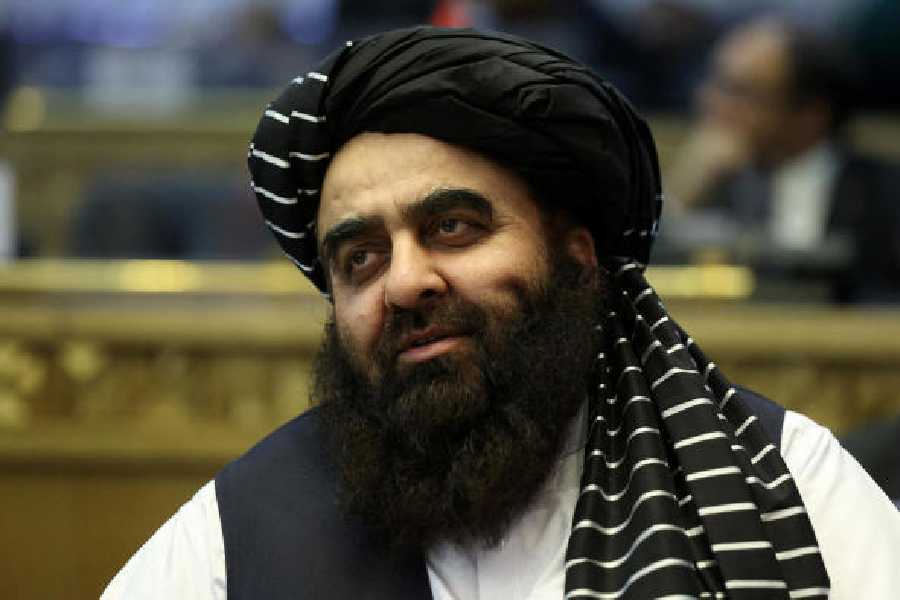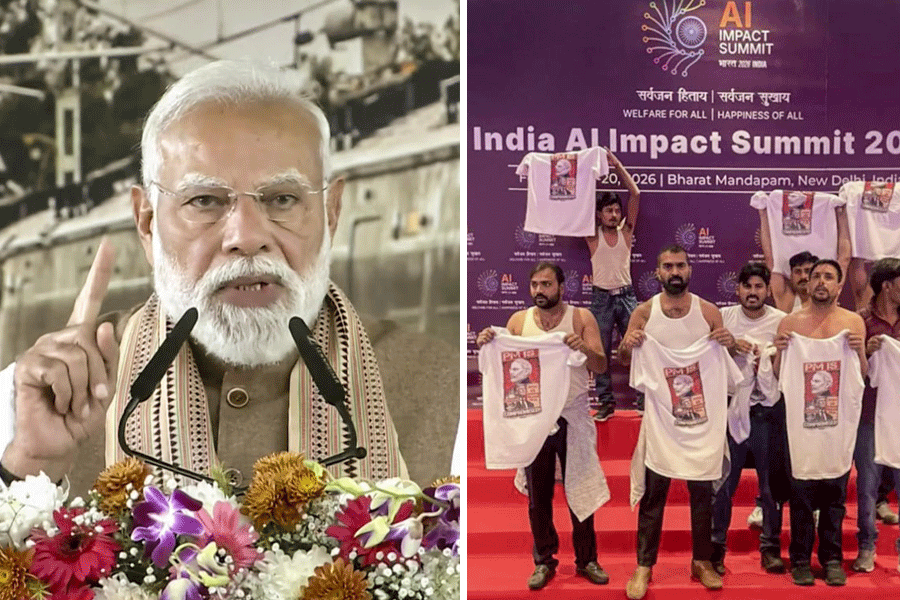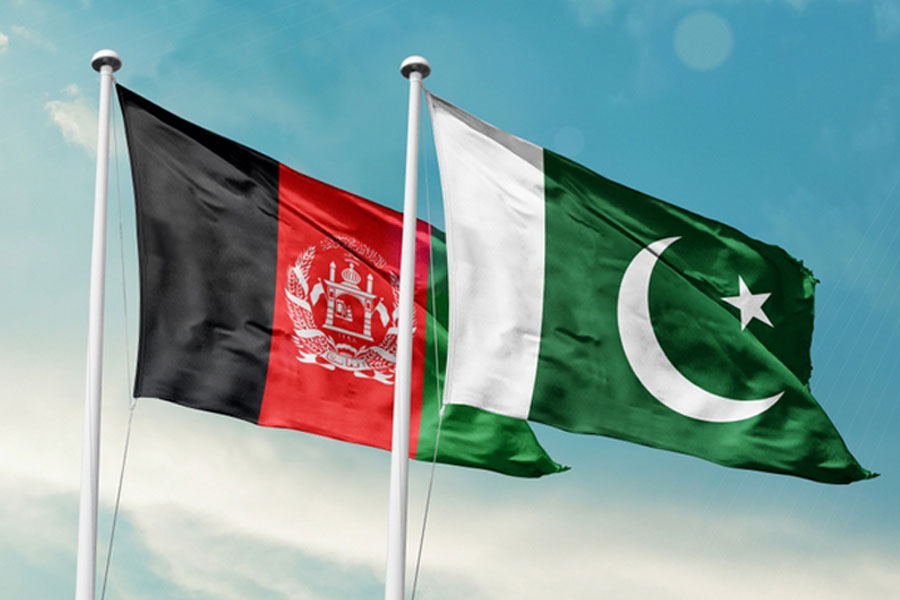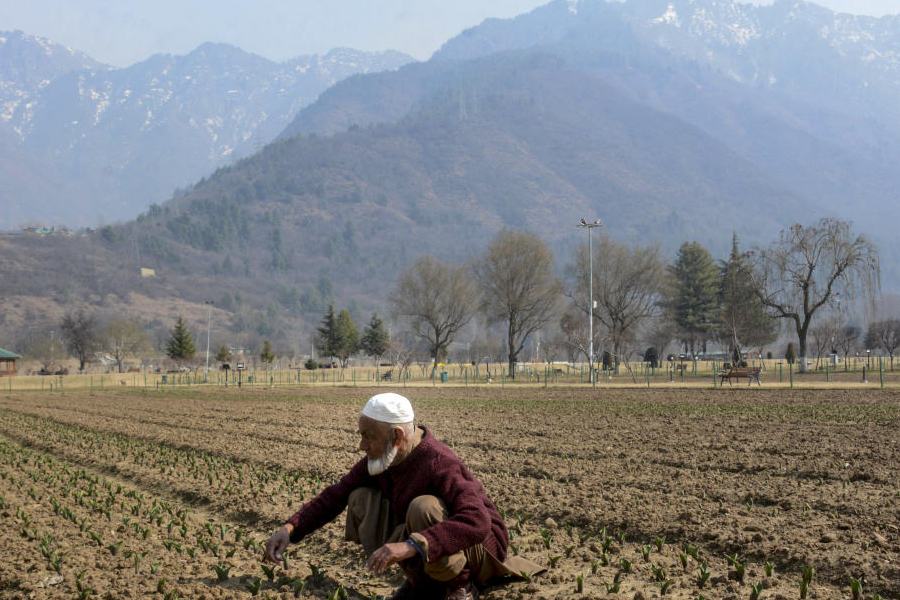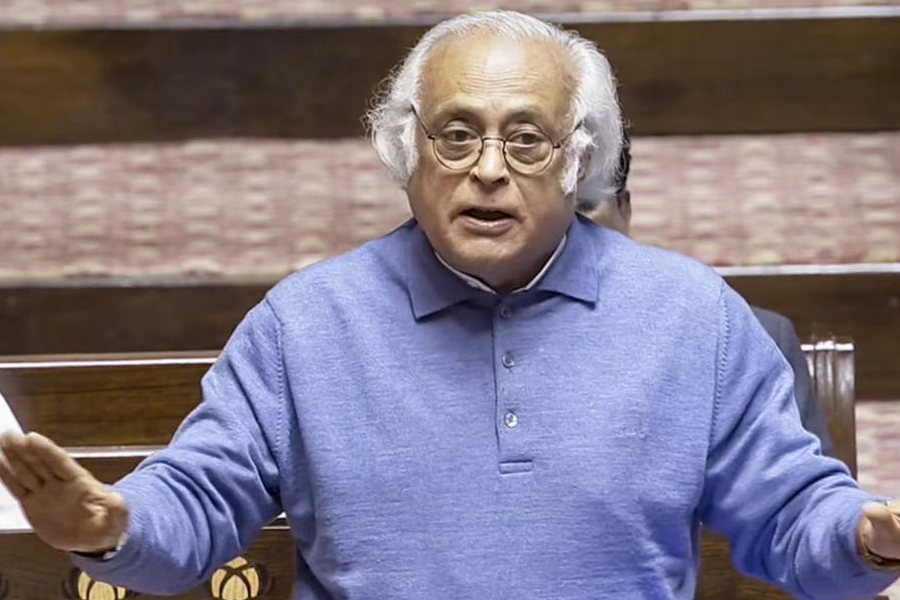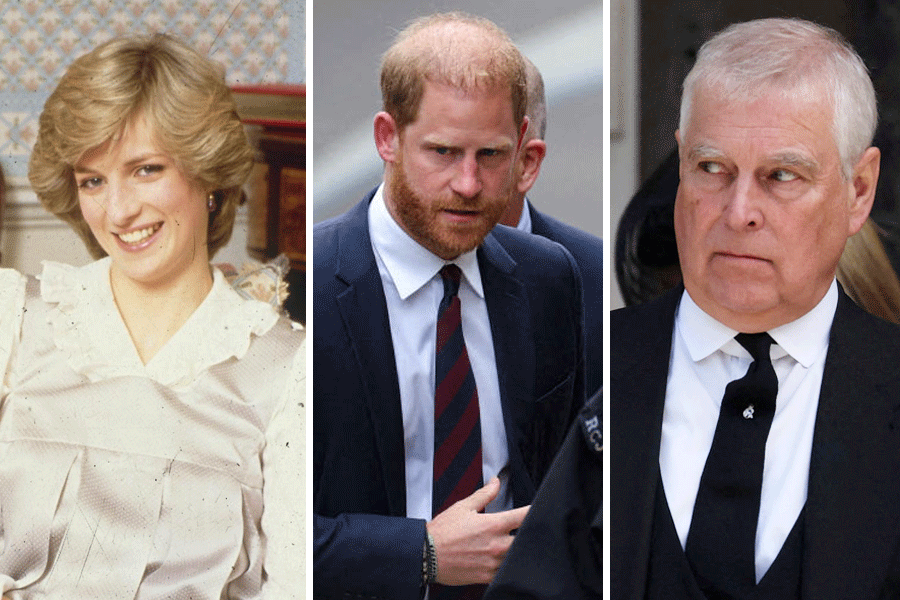The Centre is holding its cards close to the chest regarding the visit of Amir Khan Muttaqi, the interim foreign minister of the Taliban administration in Afghanistan, seemingly wary of the optics of hosting a UN-sanctioned individual on home ground.
Barring confirming what the United Nations Security Council (UNSC) had already put out on the exemption granted by its committee vis-a-vis the travel ban on Muttaqi, external affairs ministry spokesman Randhir Jaiswal on Friday refused to provide any further details about the visit from October 9 to 16 when faced with a slew of questions at the weekly briefing.
Jaiswal sidestepped queries on whether Muttaqi’s visit meant India was planning to recognise the Taliban regime in Afghanistan and if New Delhi would raise issues about the treatment of minorities and girls’ access to education. He also did not throw light on who had sought the travel ban exemption for Muttaqi and whether he would be extended the same courtesies that a representative of a recognised government received.
Muttaqi secured the travel ban waiver on the second attempt, delaying the visit that was initially planned for September. According to a listing by the UNSC on September 30, the Security Council Committee — established under the 1988 Sanctions Committee regarding entities and individuals linked to the Taliban — “approved an exemption to the travel ban for Amir Khan Motaqi to visit New Delhi, India, from 9 to 16 October 2025”.
India’s diplomatic relations with Afghanistan ended in August 2021 with the fall of Kabul to the Taliban. However, unlike its policy of non-engagement during the Taliban's first rule in the 1990s, New Delhi began interacting with the regime from 2022 without recognising it. It took the first step by positioning a technical team in the Indian embassy in June 2022 to oversee the projects that New Delhi had invested in over the past two decades.
Earlier this year, foreign secretary Vikram Misri met Muttaqi in Dubai in January and external affairs minister S. Jaishankar had a phone conversation with him in May, making it the first publicised political contact with the regime.
Relations with the Taliban particularly warmed up in January after New Delhi sided with Kabul in its standoff with Pakistan over Pakistani airstrikes in the Afghan province of Paktika purportedly to target the terrorist organisation Tehreek-e-Taliban Pakistan. Muttaqi’s condemnation of the Pahalgam attack in April was also “deeply” appreciated by Jaishankar.
After the fall of Kabul, India also provided humanitarian assistance to Afghanistan through UN agencies operating in the strife-torn country and has continued to act as an early responder in crises.

